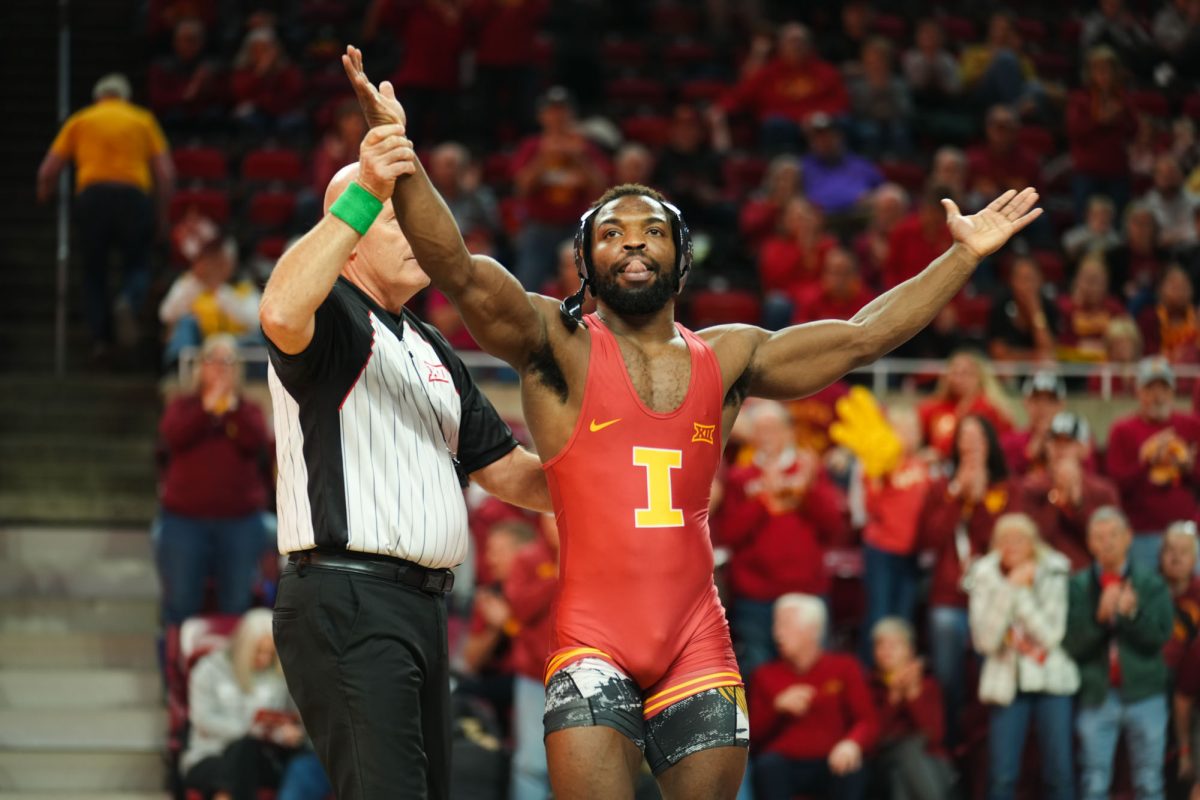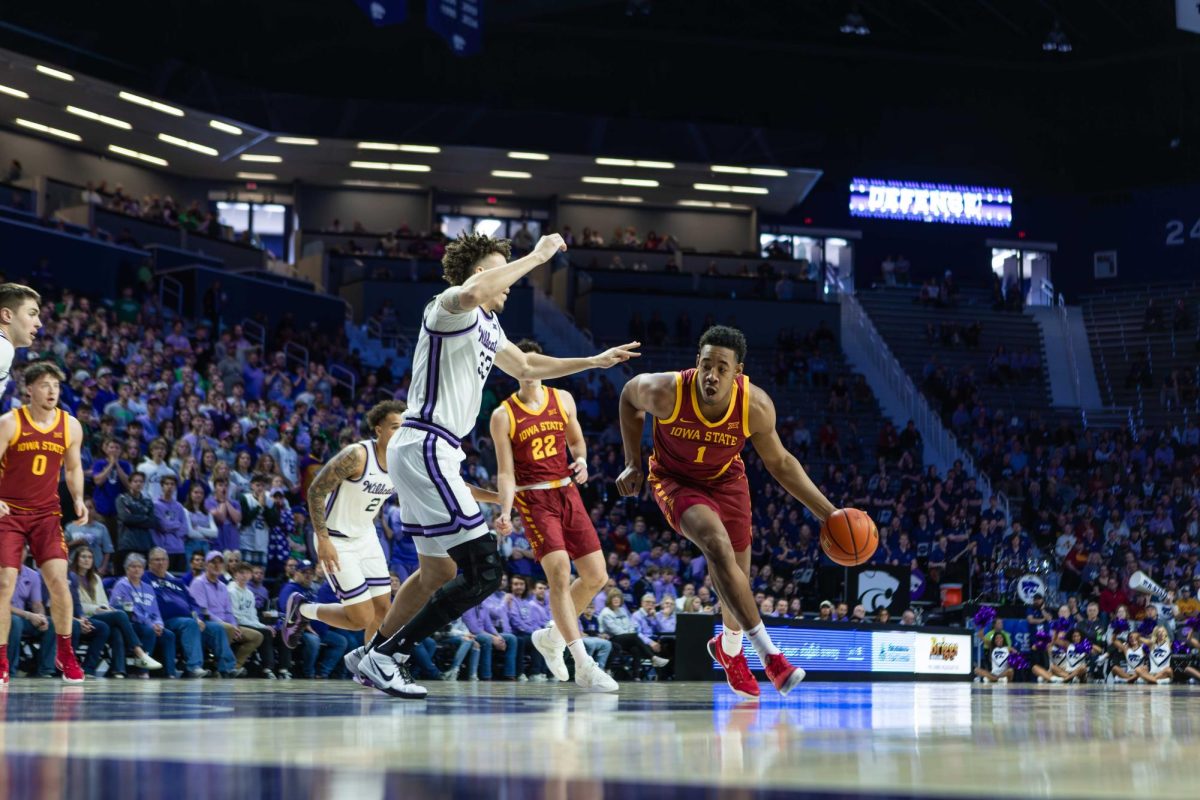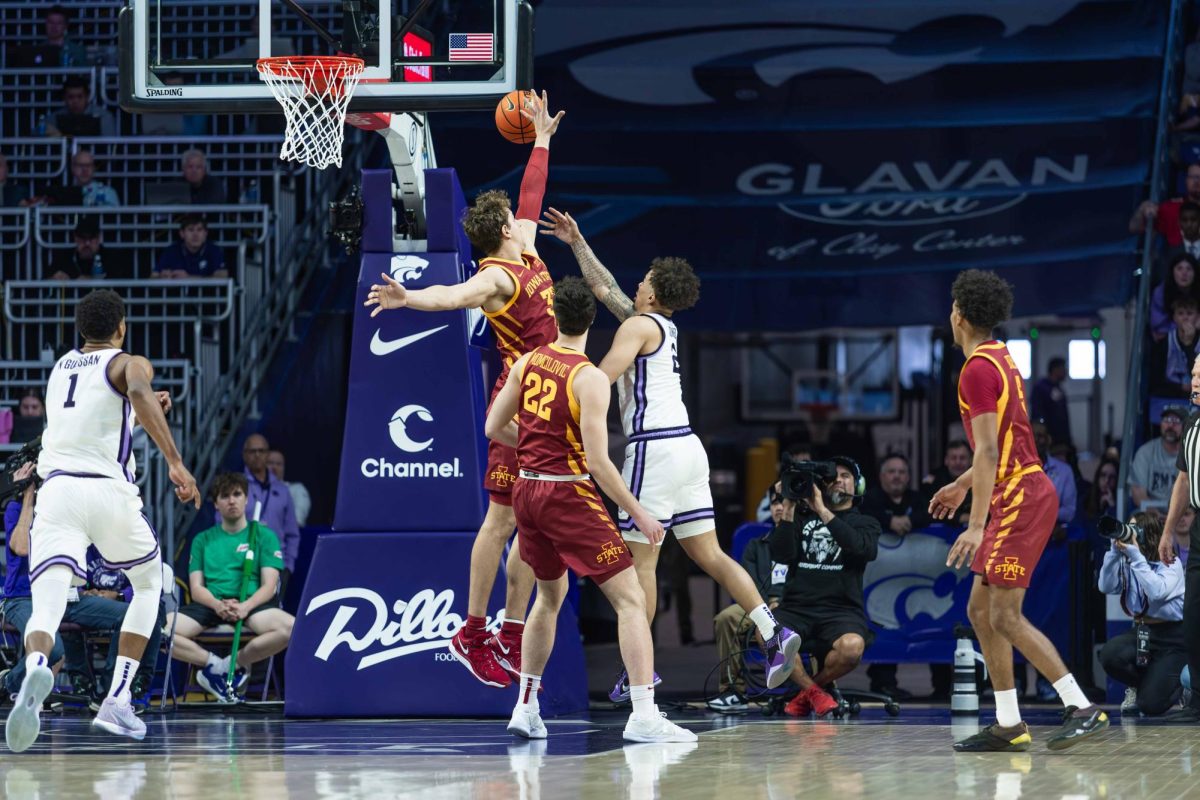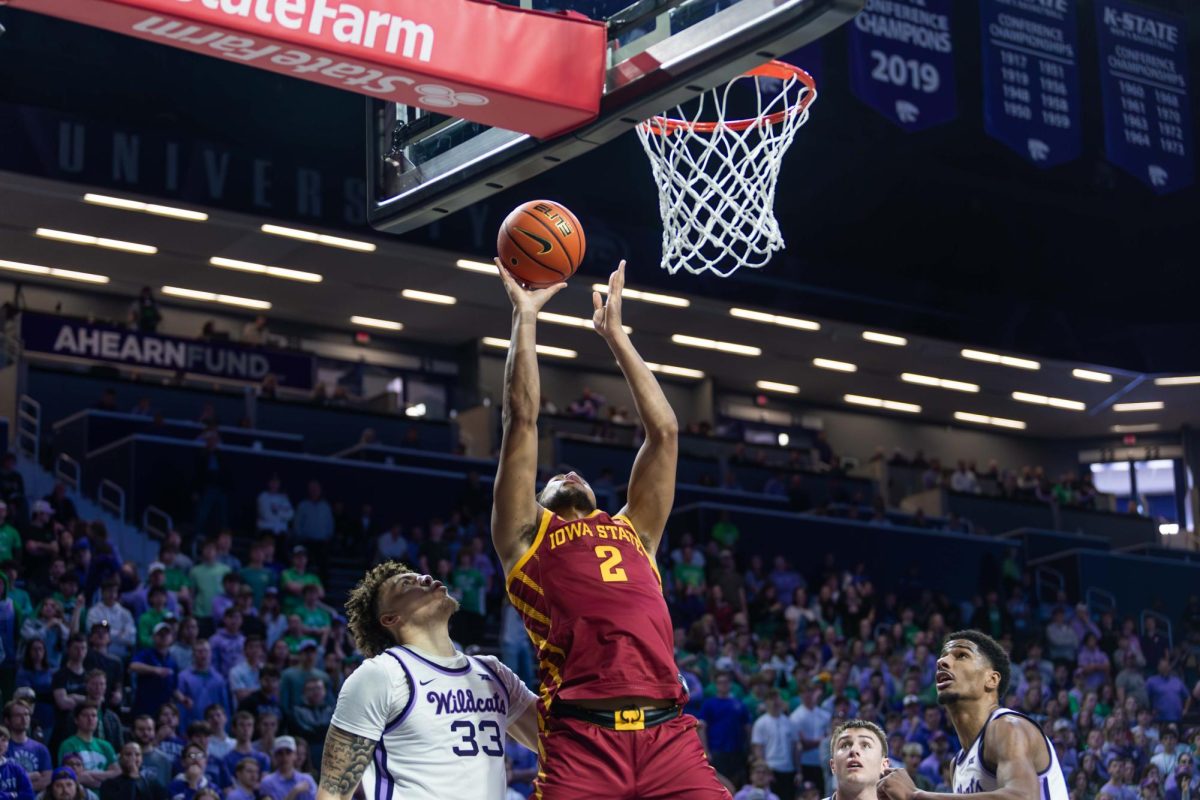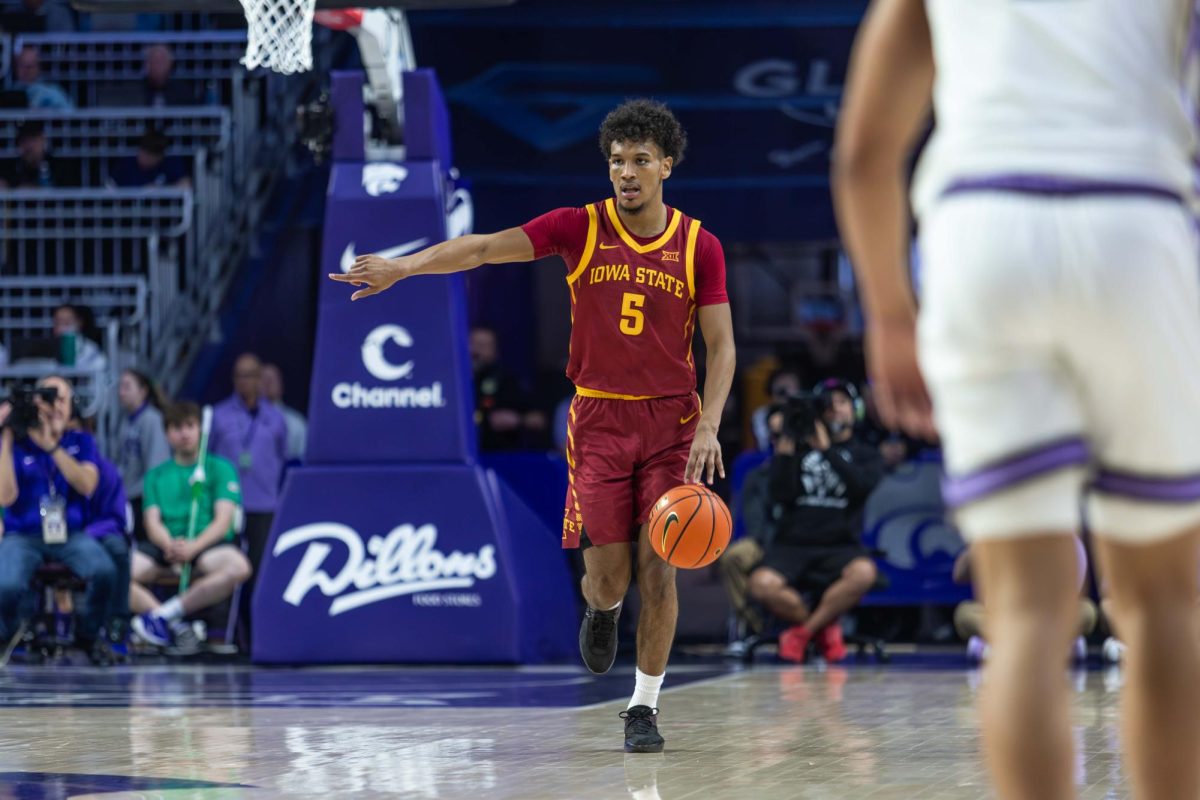Get familiar with your financial future
June 5, 2007
For many college students, financial independence is a bit overwhelming at first. It is important to get into good spending and saving habits right off the bat.
One major mistake college students make is getting into the habit of using credit cards. Always remember: Credit cards have to be paid back in the not-so-distant future. Whenever possible, pay the balance in full every month. It helps build good credit and keeps the balance minimal.
Students should start a savings account immediately, said Chris McIlrath, alumnus and financial representative for Financial Network.
“It is always a good idea to set back a certain amount of money each month for emergencies,” McIlrath said.
Shop around for the best deal on a checking account. Some banks offer free checking. Certain banks charge fees to deal with a teller, make deposits, make withdrawals and use a debit card. Also, find out about overdraft protection, just in case.
“The most important thing to do is have a checking account that you understand, have Internet access to, and can log onto on a daily basis,” said Robert Anders, branch manager of U.S. Bank, 2546 Lincoln Way.
U.S. Bank offers a checking account specifically for students that has no minimum balance requirement, no monthly maintenance fee, unlimited check writing, free Internet access and a free first order of checks. In addition, U.S. Bank and Iowa State have an arrangement where your ISUCard can be activated as an ATM card, Anders said.
Once receiving student loan money, be sure to put it into a separate account and only use it for its intended purposes. When it’s mixed in with personal checking account money, it’s easy to lose track of it, and before you know it, there’s none left.
In addition, on a long-term note, McIlrath urges students to remember that money taken out needs to be repaid.
“Only take out student loans for things you need. You want to be able to enjoy your new job and new money, without paying $700 or $800 a month to pay off your loans,” McIlrath said.
Many college students, either unwilling to cook or unhappy with the dining service’s selection, make a habit of eating out.
Set a limit on entertainment money, and stick to it. It’s easy to go to the Welch Avenue ATMs on the weekends with little regard for the large sums of money that are actually being spent. Know exactly how much spending cash you have and do not exceed that amount.
Finally, always be on the lookout for coupons and student discounts. Although the savings may seem minimal, it adds up in a hurry.
“Just remember that the financial habits you develop in college set the stage for the rest of your life,” McIlrath said.


